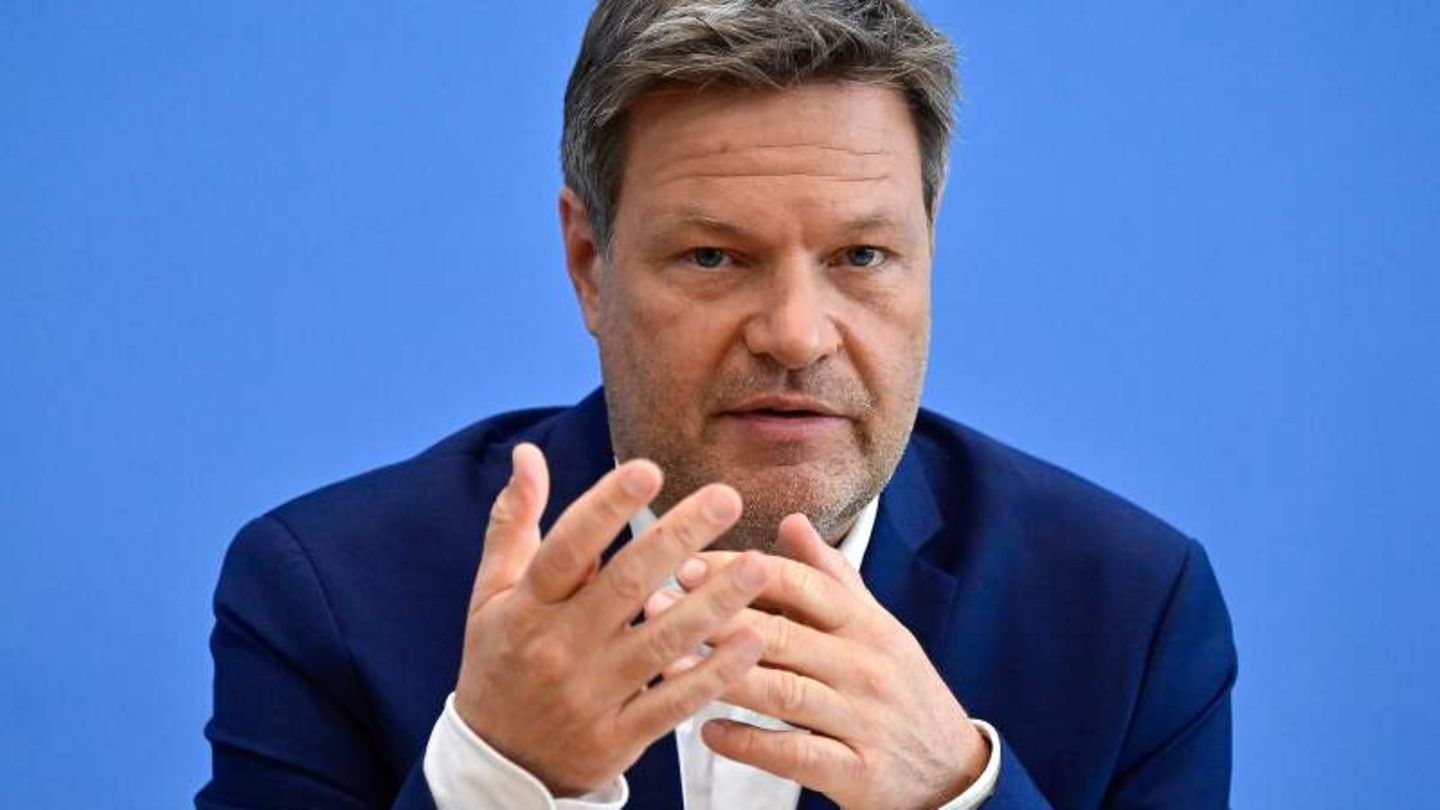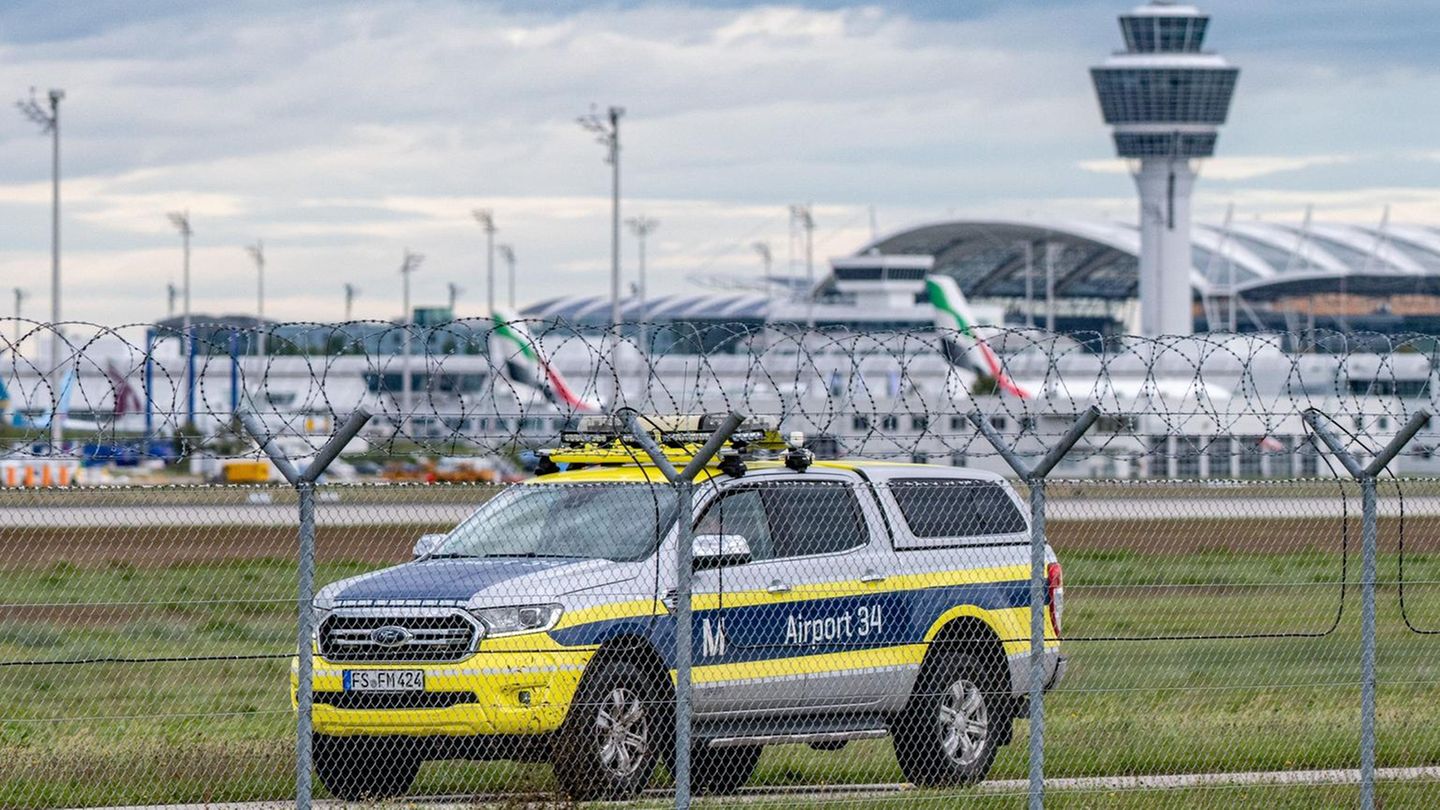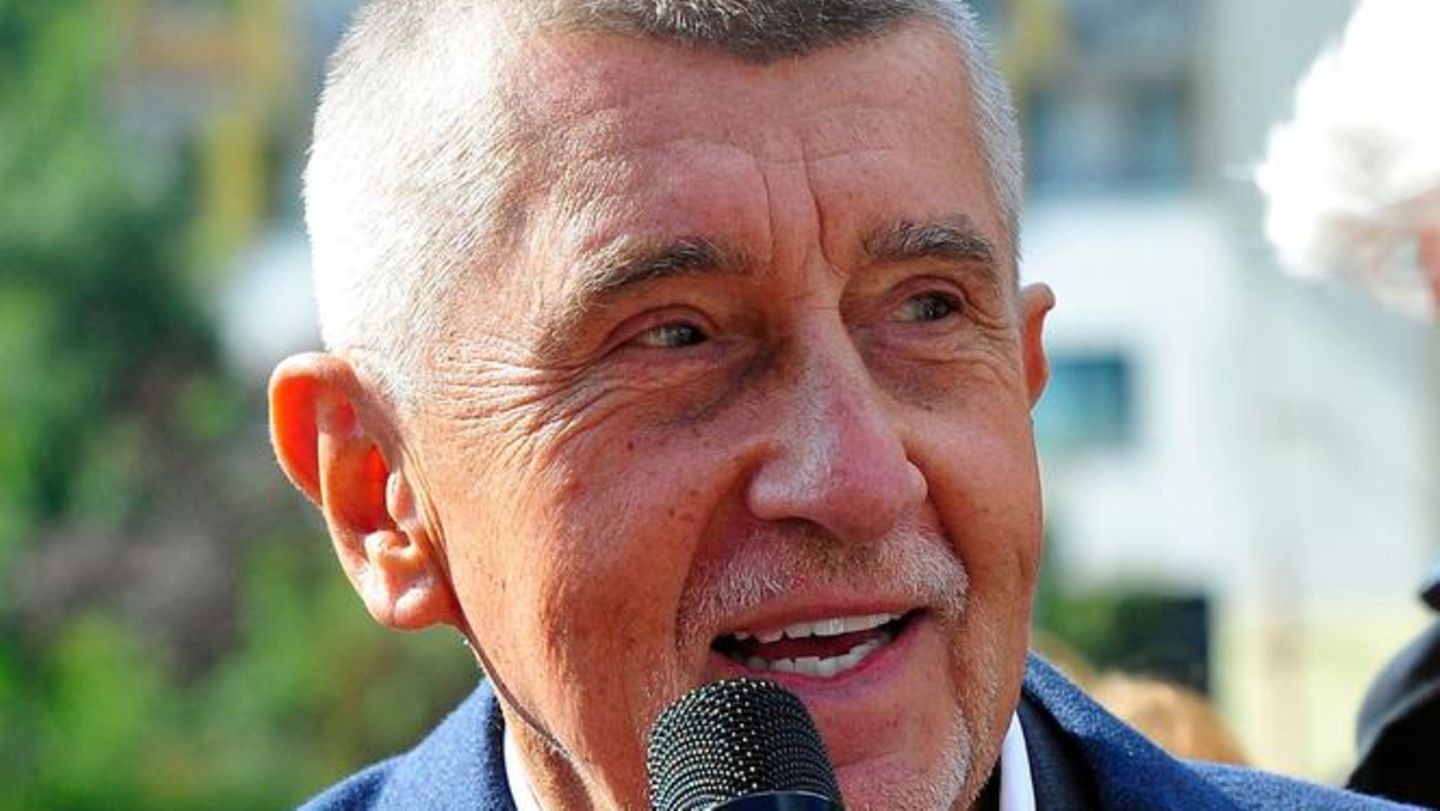Amid tensions surrounding the Ukraine war, Russia halted gas supplies to Poland and Bulgaria. Both countries react calmly. But what if there is no gas in Germany in the near future?
Since the start of the Russian war of aggression in Ukraine, tensions between the West and Moscow have escalated massively. Now Russia is making good on its threats and stopping gas supplies to Poland and Bulgaria from Wednesday. Both the Polish natural gas company PGNiG and the Bulgarian company Bulgargas said they had received written notification from Moscow about the “suspension” of Russian gas supplies. The Russian state-owned company Gazprom also confirmed the delivery stop.
In view of the latest developments in Poland’s neighbours, an impending delivery stop scenario is also getting noticeably closer in Germany. For the FDP foreign politician Alexander Graf Lambsdorff, the whole thing is only a matter of time. “As soon as we approach the point where we are independent of Russian supplies, you have to expect something like that, with political gestures like that,” Lambsdorff said on Deutschlandfunk. He appealed not to be “intimidated” now, since one is anyway on the way to “say goodbye to these deliveries”.
Gas supply guaranteed in Germany
The Ministry of Economics gave the all-clear for the time being. The security of supply in Germany is currently still guaranteed, said a spokeswoman for Federal Minister of Economics Robert Habeck (Greens) on Wednesday. “We are monitoring the situation closely.” The economics minister himself had previously emphasized “working at full speed on gas to overcome the high level of dependence that Germany had here, which was a mistake.” During his visit to Warsaw, Habeck also announced close cooperation with Poland in the energy sector.
The Federal Network Agency also sees little cause for concern at the moment. A spokesman for the Bonn authority said on Wednesday morning that storage is relatively constant and the German natural gas storage facilities are slowly filling up again. On Monday, the filling level of all German storage was 33.4 percent, as can be seen from the Federal Network Agency’s management report on gas supply. The status is therefore comparable to 2017 and is now significantly higher than in spring 2015, 2018 and 2021, according to the authority.
According to an overview of European storage operators, the filling level has been increasing continuously since April 5th. For comparison: On March 18, the storage tanks were 24.2 percent full, the lowest value for the winter of 2021/22. “The gas supply in Germany is stable,” emphasized the Federal Network Agency. The gas network operators have so far not reported any impairments in gas deliveries to Germany.
This assessment is also shared by the energy expert Claudia Kemfert. The head of the energy department at the German Institute for Economic Research (DIW) told the newspapers of the Funke media group that there are currently no supply bottlenecks to be expected because Germany and Europe are “sufficiently supplied with gas”.
Poland and Bulgaria relaxed despite gas supply stop
Despite the Russian gas tap being turned off, the situation is also stable in Poland and Bulgaria. Nothing will change for Polish households, the government in Warsaw announced that they are prepared for the situation. “There will be no gas bottlenecks in Polish homes,” affirmed Poland’s climate minister, Anna Moskwa. “From the first day of the war (in Ukraine), we declared that we were prepared for full independence from Russian raw materials,” Moskva said. Poland has the “necessary gas reserves and sources of supply to protect our security”. Prime Minister Mateusz Morawiecki emphasized that the gas storage facilities in Poland are 76 percent full. Poland is ready “to obtain gas from all possible other directions”.
The Bulgarian Ministry of Energy also said that the state-owned gas companies Bulgargas and Bulgartransgas “have taken steps to reach alternative gas supply agreements and to deal with the current situation”. “At present there is no need to limit consumption,” the ministry added. With an annual consumption of around three billion cubic meters of gas, Bulgaria is almost entirely dependent on Russia. The Balkan country receives only small amounts from Azerbaijan. Now the government in Sofia hopes to ramp up those supplies later this year after completing a key pipeline link to neighboring Greece.
The Russian state-owned company Gazprom stated that the reason for the delivery stop was that the two EU member states had not made any payments in rubles. At the end of March, Kremlin chief Vladimir Putin demanded that Western countries open accounts with the Gazprom Bank effective April 1 in order to pay for Russian gas deliveries. Otherwise, deliveries for the “unfriendly” countries would be stopped. However, according to a decree signed by Putin, payments can still be deposited into the Russian account in euros or dollars. The governments in Sofia and Warsaw stressed that they had fulfilled these payment obligations.
In addition, Gazprom on Wednesday warned both countries against tapping Russian gas that is supplied to other countries via their territory. “Bulgaria and Poland are transit countries. If they illegally extract Russian gas from the transit volumes for third countries, the transit deliveries will be reduced by this amount.”
Is the oil embargo against Russia coming?
In view of the war in Ukraine, which has now been going on for around two months, there is currently a heated debate in the European Union about further energy sanctions against Russia. At the beginning of August, a coal embargo against Russia will come into force in the EU. Several EU member states are also pushing for an extension of the embargo to Russian oil and gas.
After Germany initially spoke out against such an expansion, Federal Economics Minister Robert Habeck (Greens) said during a visit to Warsaw on Tuesday that he assumed that Germany could achieve independence from oil supplies from Russia within a few days.
The study by energy expert Steffen Bukold for the environmental organization Greenpeace also came to the conclusion that an oil embargo against Russia would be manageable for Germany. The impact on oil prices would likely be limited. An embargo would be effective and would affect Russia, it says.
Source: Stern
David William is a talented author who has made a name for himself in the world of writing. He is a professional author who writes on a wide range of topics, from general interest to opinion news. David is currently working as a writer at 24 hours worlds where he brings his unique perspective and in-depth research to his articles, making them both informative and engaging.




